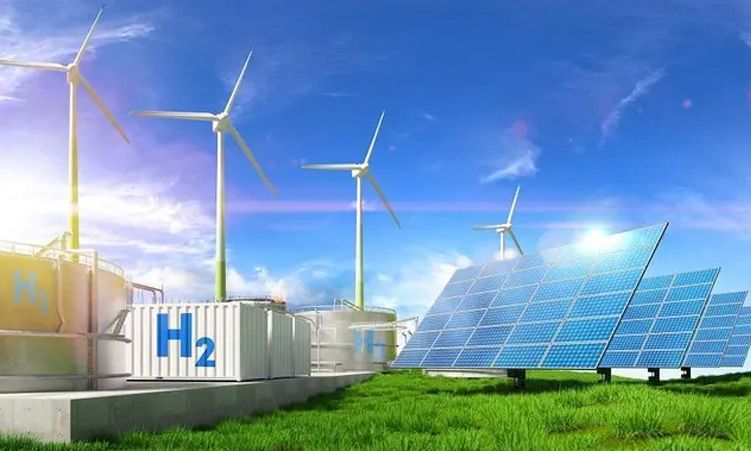THE Tsumkwe settlement near the Botswana border in the Otjozondjupa Region will receive a N$26 million solar power system to provide reliable and cost-efficient electricity supply, the project partners announced yesterday.
The European Union will co-fund the project with about N$24 million, with the remainder provided by NamPower, the Desert Research Foundation of Namibia (DRFN) and the Otjozondjupa Regional Council.
It will be the largest off-grid hybrid electricity supply system in Namibia. Tsumkwe has about 700 residents, mainly of the marginalised San community.
The proposed hybrid system will consist of up to 48 solar power panels, battery storage and using the existing diesel generator as a backup system.
Presently the costly diesel generator only provides 14 hours of electricity per day at around 28 litres of diesel per hour. One litre of diesel at Tsumkwe costs N$8.50, being about N$230 litres per hour.
The average diesel consumption at Tsumkwe per month is 10 000 litres, which costs the Otjozondjupa Regional Council about N$85 000 a month, said Beatus Kasete, Deputy Planning Director at the Otjozondjupa Regional Council.
‘The cost of electricity for Tsumkwe is thus very high, but we cannot charge residents cost-reflective tariffs, so we only recover about N$15 000 per month from consumers, so we subsidise the rest, plus the fuel transport and maintenance of the generator,’ Kasete added.
Connecting remote Tsumkwe to the existing NamPower electricity grid for Tsumeb, which is over 200 kilometres away, would cost around N$65 million, according to Kasete, ‘so the N$26 million solution for Tsumkwe with solar power and a diesel backup will be a lot cheaper.’
The project, to be set up this year and completed in 2010, will also go along with electricity-saving measures to cut the present power demand at Tsumkwe of 1 000 kilowatt per day by half to around 544 kW.
Renewable energy expert Robert Schultz of the DRFN said tenders would go out soon, also internationally. The future hybrid system would be run by an independent power producer (IPP).
‘A trust will be set up for the purpose of asset ownership and to ensure that money generated from the future electricity plant through prepaid power sales will be reinvest into the system and its future expansion.’
David Jarrett of NamPower’s energy trading business unit emphasised that the new electricity system would provide reliable and sustainable electricity for Tsumkwe, which would open opportunities for more socio-economic development.
NamPower’s MD Paulinus Shilamba said his company’s participation in the off-grid power supply was ‘historic and part of our social responsibility towards rural electrification.’
‘NamPower vies this venture as a beginning countrywide of a multiplication of similar off-grid initiatives to and thereby release some capacity in the national power grid of other uses.’
Joachim Knott of the European Commission Delegation to Namibia emphasised that ‘for a country like Namibia, which is heavily dependent on energy imports, it is important that political incentives are provided promoting the use of renewable energy.’
Stay informed with The Namibian – your source for credible journalism. Get in-depth reporting and opinions for
only N$85 a month. Invest in journalism, invest in democracy –
Subscribe Now!










